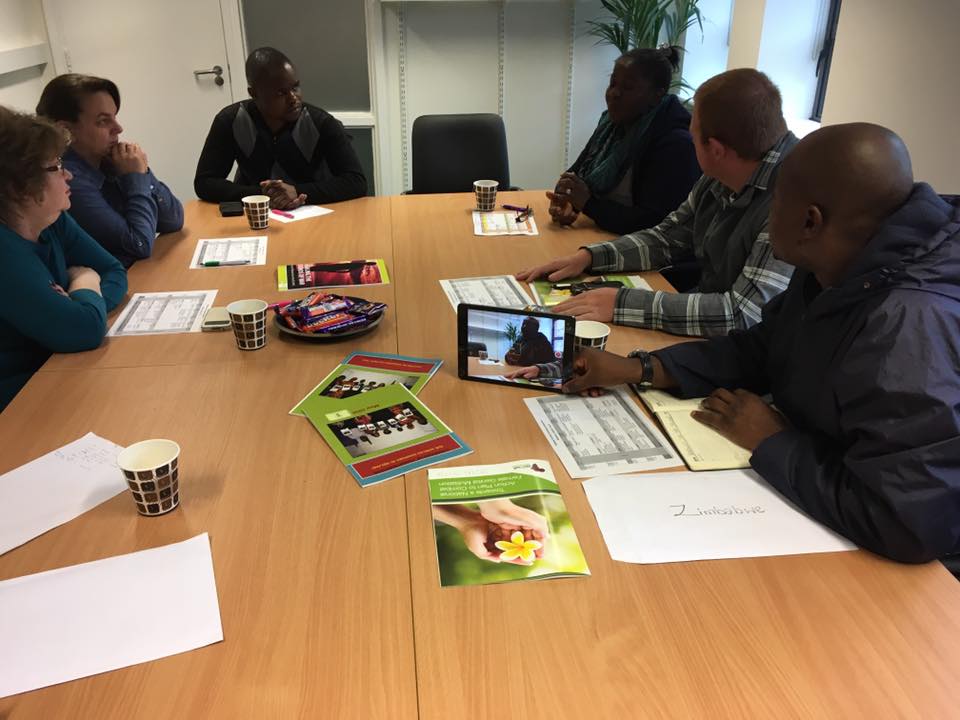
Name of the organization: SOS Malta
Website: sosmalta.org
Brief description of the organization
SOS Malta is a Maltese-registered Voluntary Organization set up in 1991, which aims to aid people experiencing times of crisis and to empower them by providing support services and opportunities to implement development and change in their country. SOS Malta works with local and international organizations to assist socially disadvantaged groups in improving their quality of life. It encourages advocacy on behalf of social causes as well as promotes models of good care and practice.
Problem addressed by the good practice
The good practice provides opportunities for social interaction between the migrant community and locals, which would enable Maltese youngsters to understand and appreciate the cultural diversity in their country and learn how Maltese society can benefit from such diversity.
Target groups
The target group includes young refugees and subsidiary protection holders.
Summary of the good practice
Six cultural ambassadors from the focus group were trained to work with young people as part of the project to share aspects of their culture as well as their personal stories within 26 interactive workshops. Approximately 500 Maltese locals aged 13-14 participated in the activity. These workshops were highly interactive and discussed such issues as perceptions, relationships, challenges, positive experiences, and culture through role plays, conversations, music, and dance. In addition, 12 youngsters participated in a live-in performing arts weekend together with the cultural ambassadors, culminating in a final performance for the general public. Participants performed traditional stories from Eritrea, Somalia, and Malta. Also, a documentary and a photographic exhibition about the project were launched during the intercultural night.
Evaluation
SOS Malta consistently evaluated the success or challenges faced during the implementation of activities. The workshops were a real success in teaching the Maltese youth about migrants’ cultures and realities. Notably, the workshops reached students who are otherwise hard to reach, including those with behavioral or learning difficulties and others with disabilities. The handouts facilitated the process of learning, and the use of different languages was appreciated by the participants and helped to establish an immediate connection. The live-in event, which involved the preparation and performance of folktales, opened the way for informal dialogue between the participants. Feedback from participants suggests that the project helped the Maltese youth to open their minds towards their peers coming from a migrant background. Many mentioned that they learned things they would never have thought of before.
Recommendations
SOS Malta reached out to participants and ambassadors through personal networks, word of mouth, visits to concerned communities and through Facebook. It is worth noting here that sometimes it was difficult to engage the cultural ambassadors in the work, not because of a lack of interest on their part, but due to their limited availability – the young people would need to apply for settlement or have other employment.
Resources
More information is available on the organization’s website.
